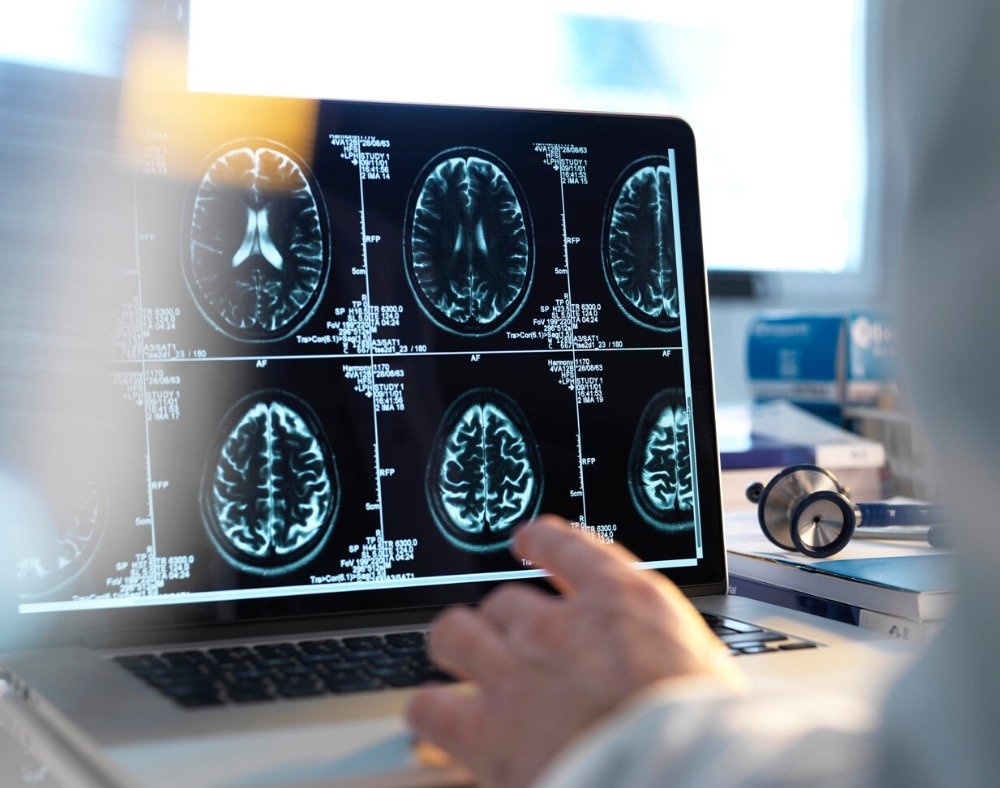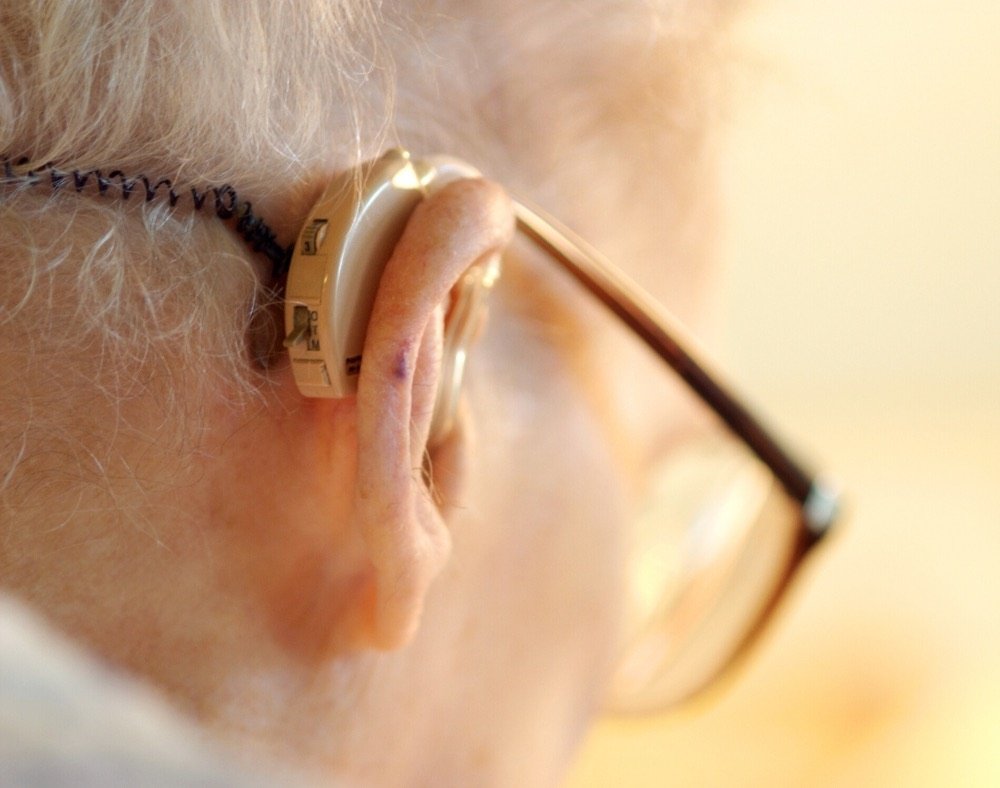One of the most important things to consider while caring for a person who has dementia is a dementia diet.
Proper nutrition is paramount for wellbeing, independence, and health.
When an individual with dementia fails to eat right, it can lead to weight loss and an increase in behavioral symptoms.
For some caregivers, identify the right foods to include in a weak person’s diet may be challenging.
If you are in such a dilemma, you will find the solution below as we highlight foods that are ideal for persons with dementia.
10 Best Dementia Diet Foods
Oily Fish and Omega 3

Essential fatty acids present in omega 3’s are important for maintaining, functioning and health of the brain.
Researchers agree that eating omega 3 or oily fish on a regular basis helps to enhance cognitive functioning as a person grows older.
The human body does not have the capacity to manufacture omega 3-fatty acids from scratch. This means that a person must get this from the foods they consume.
Foods that are rich in omega 3 include nuts, fish, vegetable oils, leafy vegetables, flax seeds and oil.
Leafy Greens and Cruciferous Veggies

Leafy greens should make a huge part of the dementia diet. Veggies like mustard and collard greens, spinach, arugula, kale, and swiss chard are great sources of vitamin B9 or folate.
These are known to better cognition in the elderly.
Folate is also important in that it helps to fight against depression by boosting serotine levels.
Leafy greens also offer Vitamin E which is beneficial to the brain.
Cruciferous vegetables like cauliflower, broccoli, cabbage, bok choy, and brussel sprouts are great for memory.
They contain folate and carotenoids that lower homocysteine levels an amino acid that nutritionists link to cognitive impairment.
Persons with dementia should take vegetables on a daily basis.
Nuts

Nuts are an excellent snack for people who have dementia. According to the MIND diet study, nuts are good for the health of the brain. This is because they are rich in fiber and antioxidants.
Other studies also show that they can help to lower levels of bad cholesterol and reduce the risk of heart disease.
The MIND diet suggests that people should eat different types of nuts five times a week.
Berries and Cherries
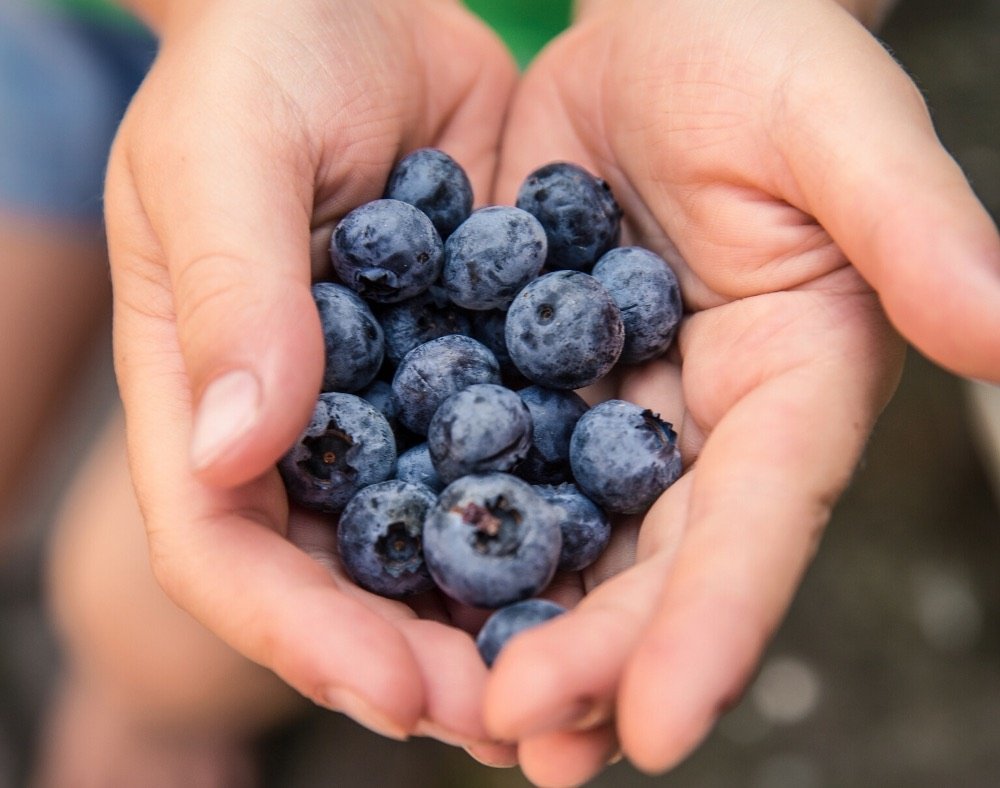
Experts recommend the inclusion of berries in the dementia diet.
Blueberries, cherries, strawberries, and acacia fruit are perfect examples. These are fruits that have been linked to multiple benefits for the brain.
Some studies correlate this with enhanced memory. An example is a study that was published in 2013.
It uncovered that participants who consumed greater berry amounts showed a slower cognitive decline of about two and a half years as they grew older.
Berry varieties also contain a phytochemical known as anthocyanin that protects the brain from the damage that free radicals cause.
Beans

Legumes are a great addition to the foods that a person with dementia eats. Beans, in particular, come highly recommended for several reasons.
Among these include the fact that they are low in fat and calories and rich in protein and fiber.
This is a good combination that helps to keep the mind sharp.
Individuals with cognitive decline should try to eat beans at least three times weekly.
Alternatively, the ill person can also eat chickpeas and lentils which are equally great for the brain.
Whole Grains

Whole grains are a must-have in a dementia diet. They are a better choice when you compare them to refined grains because they retain more nutrients.
They also come with the entire grain seed or kernel which is made of fibrous bran.
Eating more whole grains also helps to increase fiber intake, lowers blood pressure, they offer a myriad of vitamins, and reduce inflammation amongst other perks.
Impaired individuals should eat at least 2 servings of whole grains daily.
Seeds

Seeds are another great snack option for persons who have dementia. A variety of seeds are rich in Vitamin E.
This is one of the vitamins that help to lower the rates of cognitive decline as people grow older.
Sunflower seeds are rich in choline a compound that helps to enhance brain function.
Pumpkin seeds contain Zinc that improves cognitive function and memory.
Most of the seeds also have tryptophan that is effective in fighting depression. Flax seeds are rich in omega 3s making them an excellent fish alternative.
Mushrooms

It is highly beneficial to include mushrooms in the dementia diet. Don’t eat them on pizza though because this will not do you any good.
Source for fresh or dried mushrooms that you can eat plain or add to a veggie burger, soup, or frittata. These are rich in vitamin B12.
Mushrooms are also known to enhance metabolism, strengthen the immune system, and improve bladder function.
Mushrooms are also great for the body in that they help protect cell health because they are rich in antioxidants.
Sweet Potatoes

Sweet potatoes are great for individuals dealing with dementia. These offer minerals and vitamins that may have anti-inflammatory benefits.
Scientists reckon that persons who have higher levels of zeaxanthin and lutein found in sweet potatoes and other vegetables do not need a lot of brain activity to complete tasks.
Sweet potato meals are also known to enhance brain power which also improves cognitive ability.
Poultry

Poultry should without a doubt be part of the dementia diet. Turkey and chicken are healthy protein choices that offer multiple benefits to people with dementia.
In addition to being rich in protein, poultry products also offer different minerals and vitamins that help to support healthy bodies.
These are a great protein option because affected individuals can consume them in different ways without the meal becoming monotonous.
Closing Remarks
It is important to be very careful about what goes into your mouth if you have dementia. Above are some of the foods that should feature in a healthy dementia diet.
While these foods may not cure this disease, they can help prevent some symptoms which will help you to better manage the illness.







